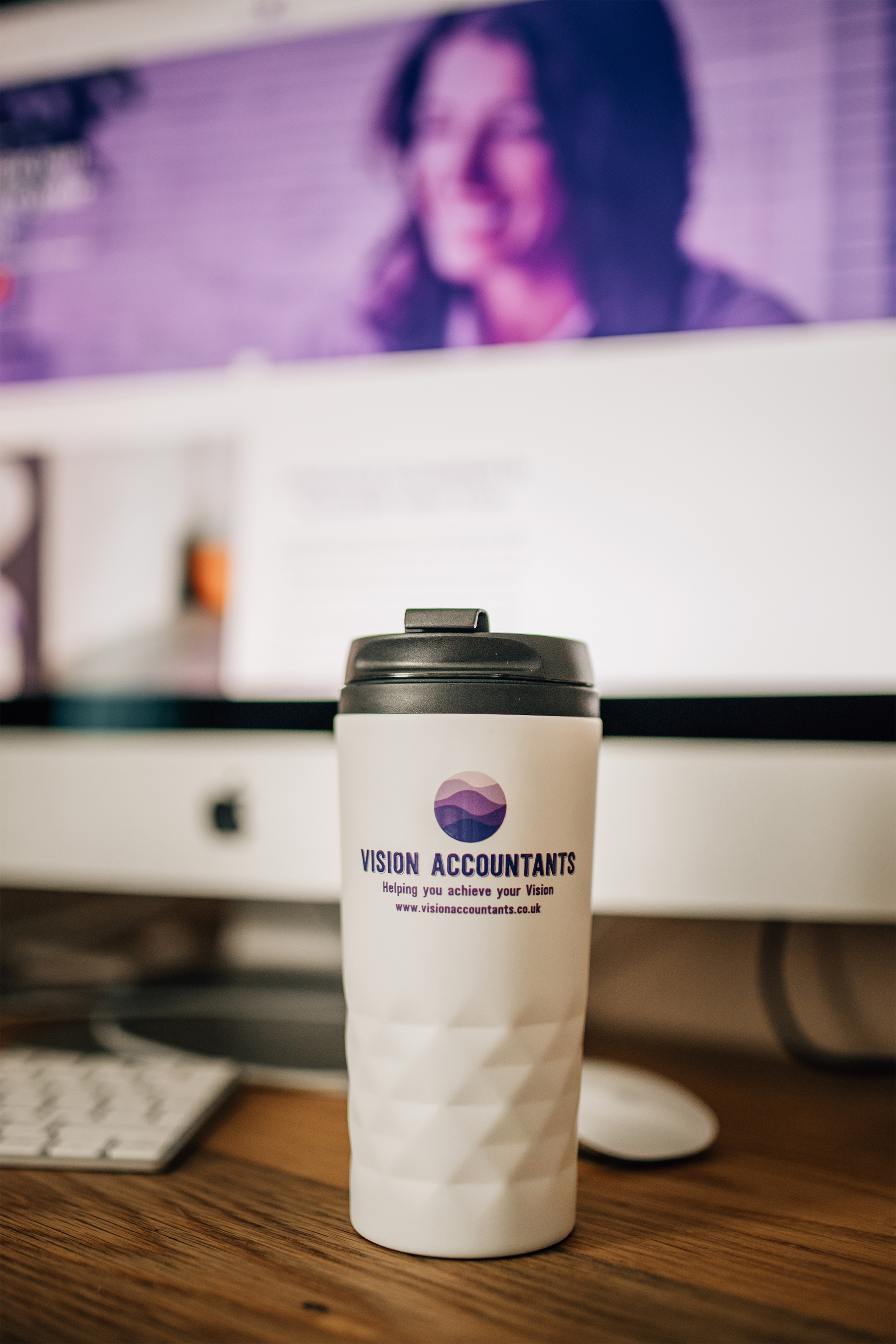All companies must prepare annual accounts: for shareholders, and for returns to HMRC and Companies House. Small companies generally do not require an audit if they satisfy any two of the following:
- Annual turnover of less than £10.2m.
- Total assets under £5.1m.
- 50 employees or fewer.
Almost all companies use accounting software and the services of an accountant to prepare their accounts. Being organised makes it relatively simple to provide the information your accountant needs. You can also use this information to review and improve your business operations.
Legal requirements
The accounts you submit to HMRC form the basis for the company’s tax calculations
- They are submitted online with the company’s tax return, within 12 months of your company’s financial year end.
- The tax becomes payable at nine months, so accounts are normally submitted around this date.
You must also file accounts with Companies House
- The accounts you file become publicly available.
- The accounts must be submitted within nine months of your company’s year-end.
- The contents of filed accounts are reduced for medium, small or micro-entity companies based on turnover, balance-sheet assets and the number of employees.
- Most small companies can, if they wish, file abridged accounts. These contain a reduced version of the balance sheet, profit and loss account and directors’ report, but an election can be made to only file the balance sheet with Companies House.
- Further exemptions apply to micro-entities satisfying any two of the following: annual turnover of less than £632,000; balance sheet assets of less than £316,000; 10 employees or fewer.
- Most medium-sized companies (satisfying any two of the following: annual turnover of less than £36m; balance-sheet assets less than £18m; 250 employees or fewer) can file slightly reduced accounts. These omit some of the detailed information required for large companies.
- Company directors are legally responsible for ensuring the accuracy of the accounts. Using an accountant does not reduce this responsibility.


Statutory accounts
To avoid confusion with everyday management accounts, the company’s annual accounts filed at Companies House are referred to as ‘statutory accounts '.
There are usually four main sections
- A directors’ report, giving a business review and their view of the firm’s performance and prospects
- A balance sheet, outlining the company’s financial position on the final day of the accounting period (the year-end). Essentially, this shows what the company owns and what it owes
- A profit and loss account, showing the trading performance over the accounting period (usually 12 months). This summarises sales, costs and expenses, profits (or losses), and any tax charges
- Notes, giving more details about the information in the balance sheet and the profit and loss account.
The Companies Act sets out how the accounts will be presented
- The format should also comply with UK accounting standards, which dictate how certain transactions should be treated in the financial statements.
- Directors have to make sure that financial statements give a ‘true and fair view’ of the company’s financial position.
Accounting records
All companies are legally required to keep detailed accounting records
These must include details of:
- income and expenditure
- assets and liabilities
- stock and any stock takings used to work this out
- goods sold or purchased and who you deal with (except for retail transactions).
You must keep financial documentation to back up your tax return
This can be kept in hard copy or electronic form and will include:
- records of all income and expenditure such as copies of orders, invoices and receipts
- other relevant information such as bank statements, cheque books and paying-in books.
Almost all businesses must file their annual tax return online
- Most businesses use an accounting software system to simplify this process.
Planning
How much of the accounting work will you do yourself?
- Accounting software can simplify the process and help minimise errors. If you want to switch from a manual accounting system, speak to your accountant to ensure that you purchase the best software for your needs.
- All figures should add up correctly and tally with your invoices, bills, paying-in books and, most importantly, with your bank statements.
- Depending on your company’s accounting expertise, you may be able to produce a trial balance. This lists the totals of the credit entries and the debit entries in the accounts and shows that they agree.
Ask your accountant whether there are any tax-planning steps you should take.
- You may need to take action before your company’s year-end. For example, you may be advised to bring forward certain purchases, so that they count in the current accounting period.
Ask what other information and explanations your accountant will need
Purchases and sales
Your accounting records should be clear and logical as this saves time for everyone involved. Keep recordkeeping simple and do it in a way that helps your business.
Cross-referencing means that each transaction can be traced
- The cross-referencing creates a trail right through the records.
List sales made before the year end, but not yet paid for, as outstanding debtors
- Include the amount, invoice number and invoice date.
- Note any invoices that you suspect may not be paid, with a brief explanation. The accountant may make a ‘provision for bad debts. This effectively cancels the sale in your accounts.


We can submit the return on your behalf and also provide useful advice to maximise your tax efficiency by claiming all tax reliefs available to you.
What does it involve?
- Processing receipts, sales invoices and reconciling your business bank account
- Balance sheet accounts reconciliation ( Stock, VAT, Payroll, Director Loan account etc.)
- Production of annual accounts & management information
- Production of abbreviated accounts for filing at Companies House
- Scheduling of your tax computation and mitigation of tax arising
- Maximising your tax efficiency and claiming all possible breaks on your behalf
- Access to our advice line
Do I need to pay a monthly fee for this service (be a regular client)?
No. You have the option to pay for your Company Accounts and Corporation Tax return as a one-off.
The benefit of becoming a regular client is that you will receive on a monthly basis a summary that will state your Corporation Tax liability and the due date.
This will allow you to make better decisions, for example, should you invest in more equipment before the year ends?
These are all questions that we can go through to ensure you are making the right decisions for growing your business at the right time.
Other Services
Get in touch
We can be next to you, every step of your journey, to meet your changing needs

